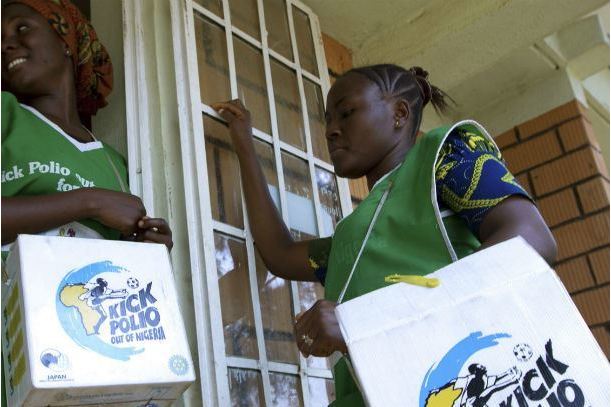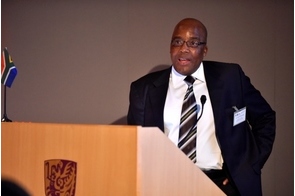WHO declares Africa free of wild poliovirus

Summary
It is the second time a virus has been stamped out in Africa, after the eradication of smallpox four decades ago.
The World Health Organization (WHO) has certified that the African continent is free of wild poliovirus (poliomyelitis) after three decades of working to eradicate the infectious disease, which causes irreversible paralysis and in some cases death in children.
The polio-free certification comes four years after the last cases appeared in northeastern Nigeria. The official announcement was made on Tuesday in a videoconference with WHO Director-General, Tedros Adhanom Ghebreyesus, and some key figures, including Microsoft founder, Bill Gates.
“Ending wild polio virus in Africa is one of the greatest public health achievements of our time and provides powerful inspiration for all of us to finish the job of eradicating polio globally,” said Ghebreyesus. “I thank and congratulate the governments, health workers, community volunteers, traditional and religious leaders and parents across the region who have worked together to kick wild polio out of Africa.”
According to WHO, there were an estimated 350,000 cases of wild poliovirus cases in more than 125 countries globally in 1988. As of 1996, there were 75,000 cases in Africa alone.
The disease affects mainly children under five years of age. About one in 200 infections leads to irreversible paralysis. Among those paralysed, 5-10 per cent die when their breathing muscles become immobilized.
The certification applies to WHO's Africa region – which excludes North Africa. The North Africa region has not recorded a case of polio since 2004. India eliminated the virus in 2011. With its eradication in Nigeria as of today, only Afghanistan and Pakistan are still reporting cases with about 87 recorded this year.
“Today we move one step closer toward a world without polio,” said, Gates, who is also co-chair of the Bill and Melinda Gates Foundation. “This is an incredible milestone that’s worth celebrating. It is also an important reminder of what can be accomplished when we work together toward a common goal.”
The WHO said it is the second time a virus has been stamped out in Africa, with the first time being the eradication of smallpox four decades ago.
Efforts to eradicate the disease in Nigeria slowed down in 2003 when five states in northern Nigerian suspended polio vaccinations for at least a year due to a Boko Haram-led conspiracy that the vaccination was to sterilise young Muslims.
According to Tunji Funsho, head of Rotary International’s Nigeria polio committee, who spoke to the Guardian UK, at least 67 frontline health workers involved in polio eradication efforts in northern Nigeria were killed, while others were abducted.
The eradication of polio in Nigeria and Africa has come about by the efforts of the Global Polio Eradication Initiative (GPEI), which began over 30 years ago. The GPEI’s strategy involves providing all children in the highest-risk countries with multiple doses of oral polio vaccine. About $19 billion has been reportedly raised for the polio eradication programme.
Also commenting on the milestone in polio eradication efforts, Matshidiso Moeti, WHO’s Regional Director for Africa, said, “The expertise gained from polio eradication will continue to assist the African region in tackling COVID-19 and other health problems that have plagued the continent for so many years and ultimately move the continent toward universal health coverage. This will be the true legacy of polio eradication in Africa.”
Related
-
China pledges to build 100 hospitals and clinics across Africa
China recently made a $5 million commitment to Gavi, the Vaccine Alliance.
-
Access Bank supports efforts to eradicate malaria in Africa
155 million people suffered from malaria in Africa in 2018, compared to 4.5 million people so far infected with COVID-19 on ...
-
END Fund partners Access Bank to raise awareness on NTDs during marathon
NTDs are a group of parasitic and bacterial infectious diseases affecting more than 1.7 billion of the world's population.








